Introduction
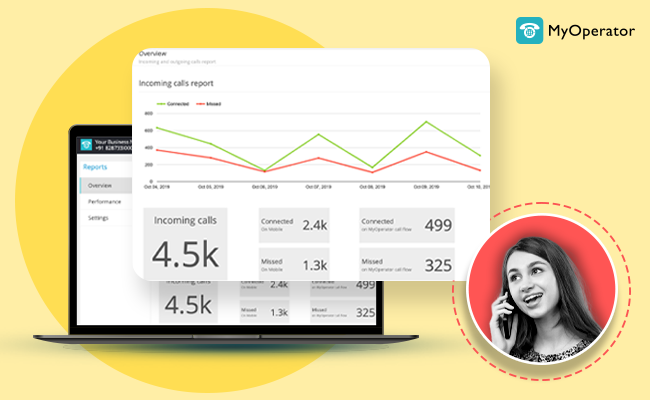
Inbound calling plays a pivotal role in ensuring exceptional customer service, especially during busy seasons. Leading businesses actively seek ways to effectively handle inbound calls as it’s a lifeline for businesses. However, they face a significant challenge when a surge of incoming calls drowns call center infrastructure.
To truly understand the significance of managing peak call volumes during these demanding times, let’s explore this challenge with a real-time example.
The Challenge: A Real-Time Example
Imagine you run a popular e-commerce website, and it’s the holiday season – a time when your customer support team is under tremendous pressure to handle inbound calls. A vast influx of inquiries, order status requests, and product-related questions flood the call centers which must be attended proactively.
Despite having dedicated inbound call agents, your traditional call center infrastructure struggles to cope with the surge in calls.
Customers start experiencing long hold times, with some waiting for extended periods before getting assistance. Parallely, call agents find it difficult to handle inbound calls of different queries and motives at once.
Frustration begins to set in, and the risk of customers abandoning their shopping carts or seeking alternative service providers looms large. This scenario can lead to potential revenue loss and, even worse, harm your brand’s reputation.
So, the challenge becomes clear: How do you effectively manage this sudden spike in inbound calls during the holiday season, maintain customer satisfaction, and ensure that every caller receives the attention they deserve?
Best Tips To Manage Peak Call Volumes During Busy Seasons
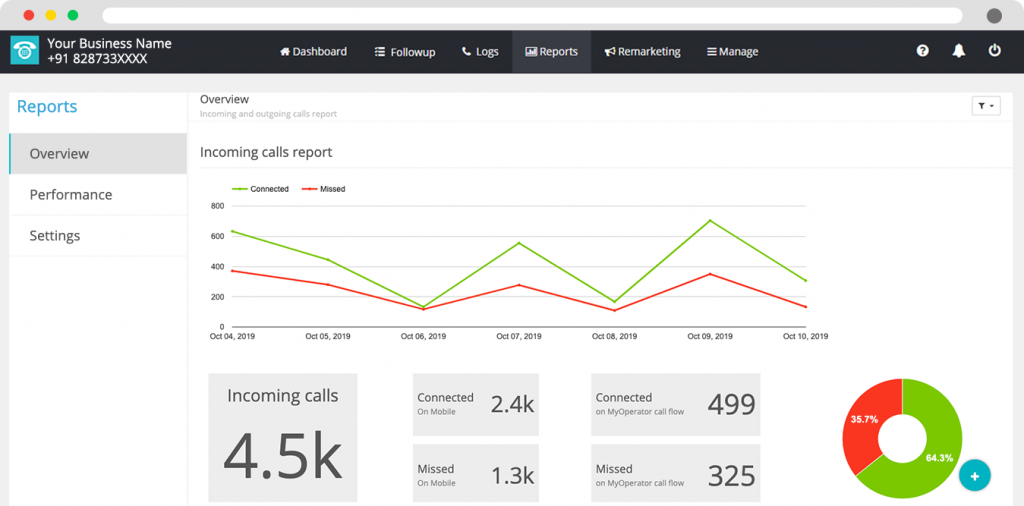
Predict Peak Periods
Inbound calling experiences a surge in demand during busy seasons, such as holidays or sales events. Use historical data to forecast when these peaks are likely to occur. This foresight is especially crucial for inbound call centers, as they need to anticipate when customers are most likely to seek assistance.
Boost Staffing
For inbound call centers, adequate staffing is paramount. Hire seasonal or part-time agents well in advance of peak periods to handle the increased volume of incoming calls. Ensure these agents are trained to provide efficient and empathetic customer support.
Leverage Self-Service Options
Implement self-service tools like IVR systems with clear menu options to guide customers to the information they need. For inbound calls, this can significantly reduce the workload of agents, especially for routine inquiries like store hours or order status.
Flexible Scheduling
To effectively handle inbound calls, offer overtime and flexible scheduling for your agents, ensuring they are motivated and prepared to work extra hours when call volumes surge during peak times.
Efficient Queue Management
Inbound calls often result in customers waiting on hold. Efficient queue management is critical. Use intelligent call routing to ensure that customers are connected to the right agent swiftly. Additionally, consider offering a callback option, reducing customer frustration and wait times.
Cross-Training
Cross-train your inbound agents to handle various types of inquiries. This flexibility enables them to adapt to changing call patterns during peak periods, ensuring a seamless customer experience.
Outsourcing
Consider outsourcing overflow inbound calls to a third-party call center. These specialized centers can handle the excess workload while maintaining service quality.
Technology and Monitoring
Invest in cloud call center software that provides real-time monitoring and reporting. For inbound calling, this technology allows you to track call volume and agent performance, ensuring that you can adjust staffing levels as needed.
Communication
To handle inbound calls effectively, keep your callers informed about expected wait times. Additionally, offer alternative support channels, such as live chat or email, to reduce the burden on phone-based agents.
Post-Season Analysis
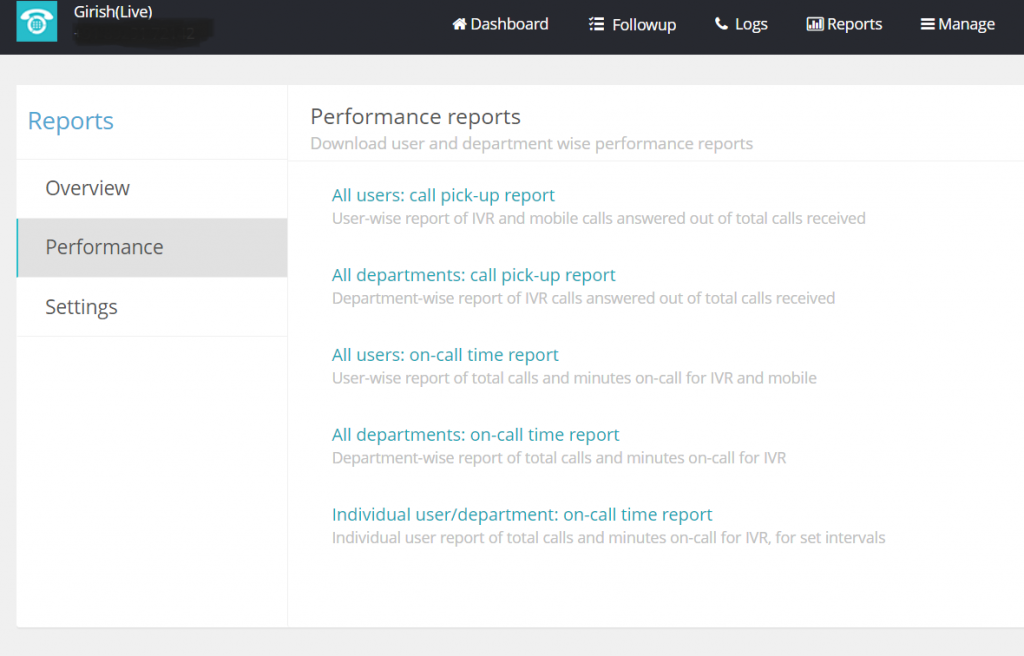
After the busy season, conduct a thorough analysis of inbound call data. Identify trends, common customer issues, and areas for improvement. Use these insights to fine-tune your inbound calling strategy for the next busy period, ultimately enhancing the customer experience.
Advantages of Having An Inbound Call Center During Busy Seasons With Real-Time Examples
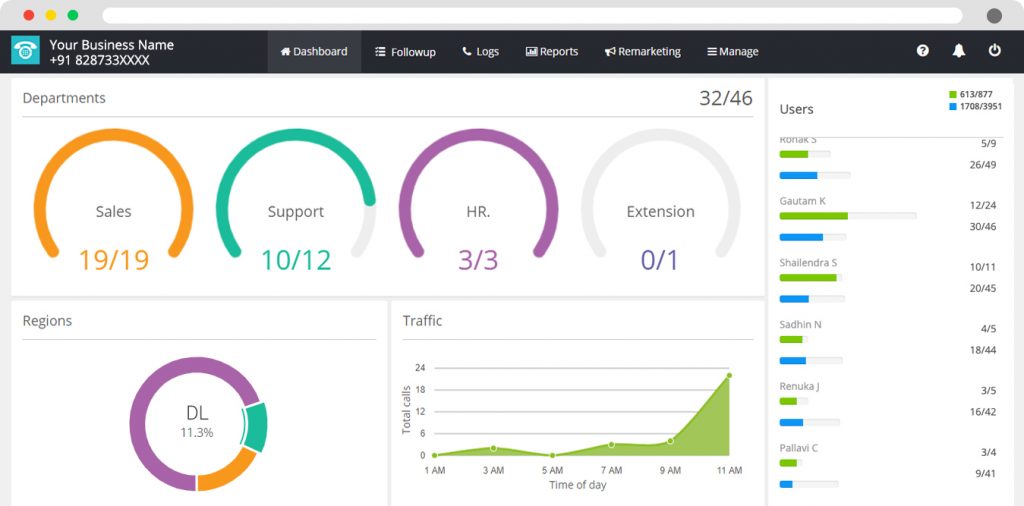
Exceptional Customer Service
Inbound call centers allow businesses to provide immediate assistance to customers who initiate contact. This personalized approach enhances customer satisfaction and loyalty.
Consider an online retailer during a holiday shopping season. Customers may have questions about delivery times, product availability, or returns. Having an inbound call center ensures that they can reach out for immediate assistance, resulting in a positive shopping experience.
Efficient Issue Resolution
Customers can reach out for help, inquire about products or services, and get their issues resolved promptly, ensuring that problems are addressed in a timely manner.
Imagine a software company that experiences a surge in customer inquiries after releasing a new product version; inbound call agents play a crucial role in handling these calls, helping users troubleshoot issues, resolve software bugs, and provide guidance to ensure that customers can use the software without disruptions.
Increased Sales and Revenue
During busy seasons, customers may have questions about promotions, product availability, or order status. An inbound call center can help boost sales by providing information and closing deals.
During a diwali sale, a retail store with an inbound call center can handle a high volume of inquiries about discounts, product features, and availability. Agents can provide information and even close sales over the phone, contributing to increased revenue.
Customer Retention
Resolving issues and providing support during busy periods can lead to higher customer retention rates. Satisfied customers are more likely to return and continue their business relationship with your company.
In the travel industry, a booking website may encounter an influx of calls during the summer vacation season. Inbound call agents can assist travelers with itinerary changes, answer queries, and provide support. This level of service not only resolves issues but also encourages customers to return for future bookings.
Real-Time Monitoring
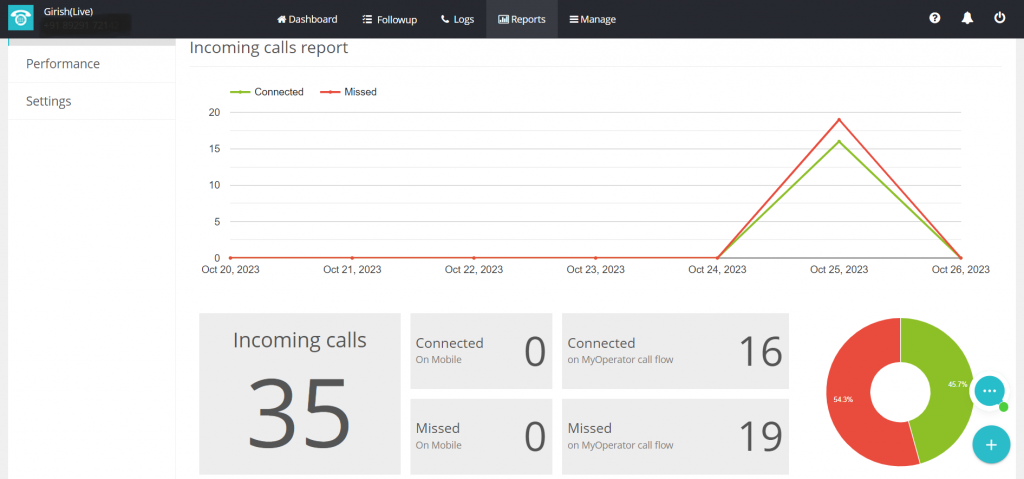
Inbound call centers often have real-time monitoring and reporting tools, allowing businesses to track call volumes, agent performance, and customer satisfaction levels. This data-driven approach helps in making quick adjustments.
In the telecommunications sector, a mobile service provider may experience a surge in calls during a network outage. With real-time monitoring, the call center can quickly identify the problem, communicate updates to customers, and allocate resources to resolve the issue efficiently.
Scalability
Inbound call centers can quickly scale their operations by hiring additional agents during peak periods. This flexibility ensures that customers don’t face long hold times.
In the healthcare industry, a hospital may see a surge in patient inquiries during flu season. Inbound call centers can scale up by hiring temporary staff to handle appointment scheduling, medical advice, and general inquiries without compromising service quality.
Cross-Selling and Upselling
In addition to resolving issues, inbound call center agents can proactively suggest complementary products or services, leading to increased revenue.
An inbound call center for a car dealership can enhance revenue during a vehicle promotion. Integrating this into a well-structured car dealership business plan, agents can not only answer questions about the offer but also suggest add-on features, insurance packages, and maintenance plans, increasing the average sale value..
Collecting Customer Feedback
Inbound calls provide an opportunity to gather direct feedback from customers. This valuable input can inform product and service improvements.
An online survey platform can experience an increase in inquiries from businesses during their peak feedback collection periods. Inbound call agents can assist businesses in setting up surveys, answering technical questions, and collecting valuable feedback for analysis.
Building Customer Relationships
Inbound call center agents often build rapport with customers, leading to stronger relationships and positive word-of-mouth recommendations.
In the financial industry, a bank with an inbound call center can address customer inquiries about account transactions, loan applications, or investment opportunities. Agents who build trust and rapport with customers contribute to long-term relationships and loyalty.
Reducing Abandoned Carts
In e-commerce, having an inbound call center can reduce the number of abandoned shopping carts as customers who encounter issues or have questions can call for assistance instead of leaving the site.
In e-commerce, a fashion retailer can benefit from an inbound call center during a major sale, as it helps handle inbound calls effectively. Customers experiencing issues with their online orders can call for assistance, reducing the likelihood of abandoned shopping carts and missed sales opportunities.
Adapting to Market Trends
Inbound call centers can adapt quickly to changing market trends and customer needs. This adaptability is essential for businesses that want to stay competitive.
A tech support company may experience increased call volumes during the launch of a new gaming console and gaming accessories. Inbound call agents can quickly adapt to changing customer needs, such as troubleshooting issues, setting up online accounts, or explaining new features.
MyOperator’s Inbound Calling Features for Your Business Growth
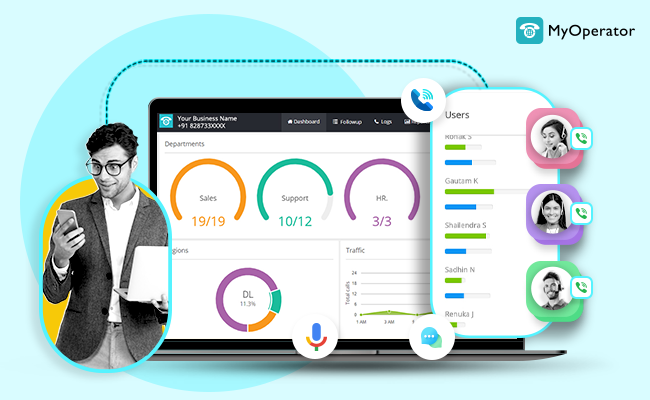
1. Multi-level IVR
MyOperator’s inbound calling solution offers a Multi-level IVR system that allows you to create customized phone menus. You can add multiple departments and unique voice greetings tailored to your business needs, ensuring callers are directed to the right place.
Example (Healthcare): A busy healthcare clinic uses multi-level IVR to direct patient calls effectively. When a patient calls, they are prompted to select from options like “Appointments,” “Prescription Refills,” or “Billing,” ensuring they are connected to the right department without delays.
2. Live Call Transfer
With this feature, you can seamlessly transfer ongoing support calls from one agent or department to another without disconnecting the call. This ensures that customers receive continuous assistance, even if their query needs to be escalated.
Example (Retail/E-commerce): A popular e-commerce store uses live call transfer to provide excellent customer service. If a customer’s query about an online order goes beyond basic information, the initial support agent can transfer the call to a product specialist for a detailed explanation, ensuring the customer receives the best assistance.
3. Call Tracking
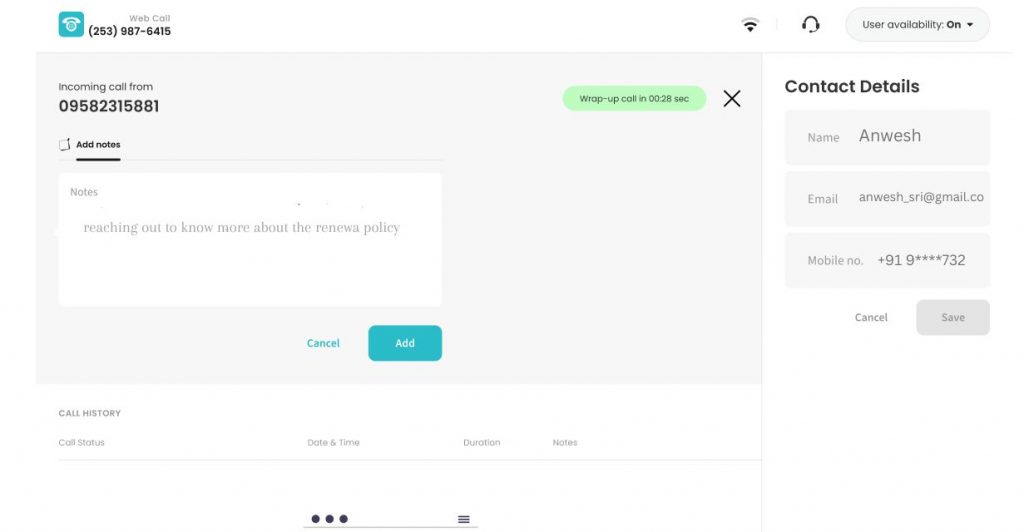
MyOperator enables you to handle inbound calls effectively by tracking all calls, responses, and follow-ups in real-time. Through the call management panel, you can monitor live calls, providing insights into call activities as they happen.
Example (Finance): A financial institution uses MyOperator to handle inbound calls and monitor customer inquiries. By analyzing call data in real-time, they can identify trends, such as a surge in calls related to investment opportunities, enabling them to allocate resources more effectively.
4. Call Recording
MyOperator’s call recording feature securely stores all inbound calls on the cloud. This serves multiple purposes, including quality monitoring and staff training to enhance the overall customer experience.
Example (Education): A distance learning institution records inbound calls from students. These recordings serve as a valuable resource for staff training and quality assurance, ensuring that students receive accurate information and helpful guidance when seeking assistance.
5. Call Routing
To improve the customer experience, MyOperator offers call routing, which ensures that callers are connected to the right agent and department instantly. This feature minimizes wait times and enhances customer satisfaction.
Example (Travels): A travel agency uses call routing to connect customers with the right agents instantly. If a caller has questions about flight bookings, they are routed to the “Flights” department, while those inquiring about hotel reservations are directed to the “Accommodations” department, streamlining the process.
6. Call Forwarding
MyOperator allows you to map agent numbers within the inbound calling solution and redirect incoming calls to their mobile phones. This ensures that your team can remain reachable even when they are on the move.
Example (Marketing): A marketing agency employs remote teams working from different locations. To ensure they remain accessible to clients and prospects, the agency uses call forwarding. When a call comes in, it is redirected to the appropriate remote agent’s mobile phone, regardless of their location.
7. Call Reports

Gain valuable insights with MyOperator’s call reports. Receive daily, weekly, and monthly inbound call analytics reports that empower data-driven business decisions, allowing you to make improvements where necessary.
Example (Healthcare): A healthcare call center generates daily, weekly, and monthly call reports. These reports provide insights into call volume trends, helping the center allocate resources efficiently. For instance, they may notice a spike in calls related to COVID-19 testing during a particular week, allowing them to adjust staffing accordingly.
8. Call Queue
The smart call queue feature helps reduce call abandonment or call dropout rates. It efficiently connects inbound callers with available agents, ensuring that customers don’t have to wait excessively.
Example (Retail/E-commerce): A retail company experiences high call volumes during a holiday sale. To prevent customers from waiting for extended periods, they implement a call queue. This ensures that callers are informed of their position in the queue and are quickly connected to the next available agent.
9. Live Panel
MyOperator’s live panel provides a real-time overview of your inbound calling service. You can monitor agent performance, review call logs, and access call analytics all in one place.
Example (Marketing): A marketing agency uses the live panel to monitor their inbound call service. They can track agent performance, view call logs, and analyze call analytics in real-time. If a particular marketing campaign generates an influx of calls, they can adapt their strategy on the spot.
10. CRM/WhatsApp Integration
Integrate popular CRM services or custom CRM software with your inbound calling software to streamline your workflow. This CRM / WhatsApp Integration enhances the way you manage customer information and interactions. CRM Integration
Example (Finance): A financial advisory firm integrates their CRM with the inbound calling software. This integration enhances the way the firm manages customer information and interactions
11. Sticky Agent
The sticky agent feature connects inbound callers with the same agents they previously interacted with. This fosters better agent-customer relations and leads to faster issue resolutions.
12. Humanoid Voice
MyOperator’s Humanoid Voice feature allows you to create IVR menus by instantly converting your IVR scripts into IVR recordings. This simplifies the setup of single or multi-level IVR menus, ensuring a professional and consistent customer experience.
13. Mobile App
MyOperator offers a mobile app for Android smartphones and iPhones. This app enables agents to answer inbound calls while working from anywhere, providing flexibility and ensuring that customer calls are always attended to.
14. Remote Teams
You can set up remote teams of sales and support agents using MyOperator a toll free number provider. The software allows you to map agents from different locations, making it easy to manage teams working from various places.
15. Follow-up SMS
Stay connected with customers by sending follow-up SMS messages after every inbound call. This not only provides an additional channel for communication but also helps in collecting feedback and enhancing customer relationships.
The Trustline – MyOperator Success Story
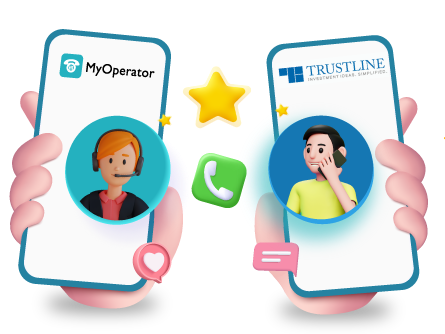
How Trustline achieved a remarkable 41% increase in deal closures with an advanced cloud phone system and witnessed an increase in inbound customer conversion and retention.

The Takeaway
Now we believe you have a clear idea on how MyOperator’s Inbound Calling feature is designed to streamline customer communication and enhance service quality effectively and efficiently.
With tools like multi-level IVR service, live call transfer, call tracking, and call recording, it’s an ideal choice for businesses looking to manage their inbound calls effectively.
But MyOperator doesn’t stop there. It goes a step further by offering a seamless hybrid solution that combines both inbound and outbound capabilities in one comprehensive platform.
This hybrid solution is a game-changer for businesses seeking to optimize their customer management and service strategies.
By opting for MyOperator’s hybrid (inbound + outbound) solution, you can have it all. Handle incoming calls with finesse, while proactively reaching out to customers and leads for sales, marketing, and research objectives.
It’s a versatile tool that empowers businesses to deliver exceptional customer experiences. Make the smart choice and elevate your customer service with MyOperator hybrid Call Center Software as a solution for your business.


